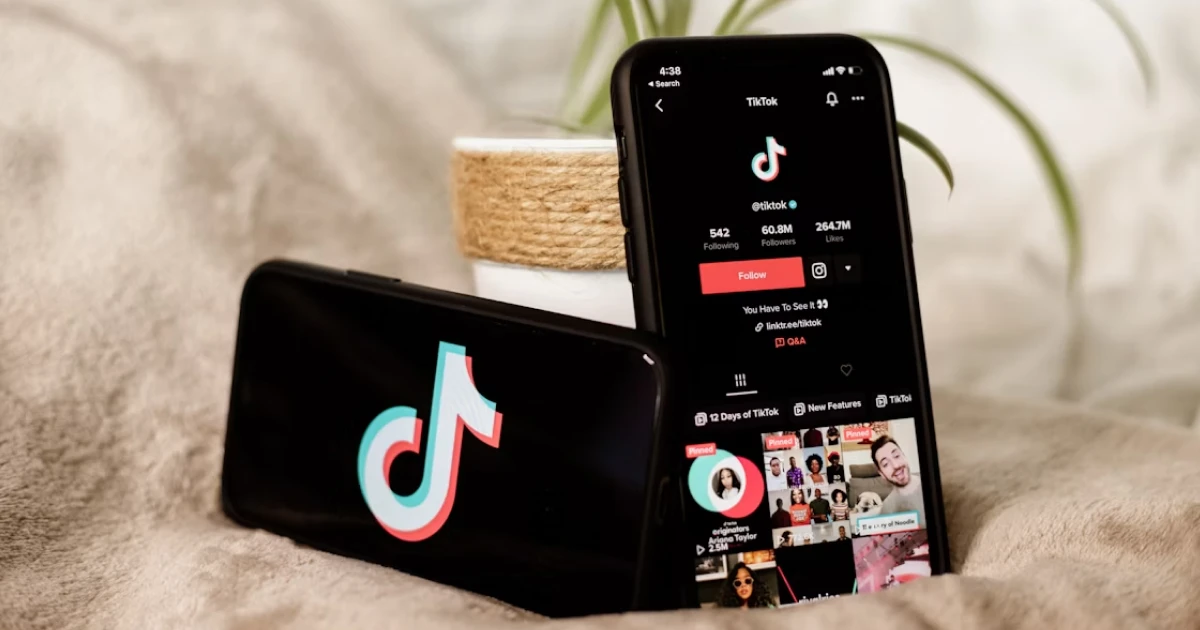As the show began on Wednesday, a coalition of U.S. auto industry groups sent a combined letter to Trump, urging him to roll back 25% tariffs on all auto parts that are imported, also coming as a warning for vehicles to cut sales and raise their prices.
The first presentations made by the automakers in Shanghai focused on safety and their plans for a fast-expanding portfolio for EV brands such as Volkswagen and Nio, even without discussion when it comes to the economic uncertainty.
The demand in China has also held up so far this year despite the trade war. Industry-wide auto sales through March were up by 12.5% and were led by China’s two top automakers, BYD and Geely.
However, signs of trouble are still notable as China is now the world’s largest car exporter by volume, while the U.S. market is essentially closed due to tariffs. As a response to the Trump administration's trade policies that put pressure on Chinese automakers. This usually comes through weaker demand in China if the economy wobbles.
It is also worth mentioning that Chinese automakers, which had been preparing to heavily market their driver-assistance features in order to set their cars apart from their competitors, were also forced to switch to a “safety first” message, reported Reuters.
Those concerns started from the fatal accident, which involved Xiaomi’s best-selling SU7 EV in March, as drivers are relying on cars that are not designed to be fully self-driving.
















